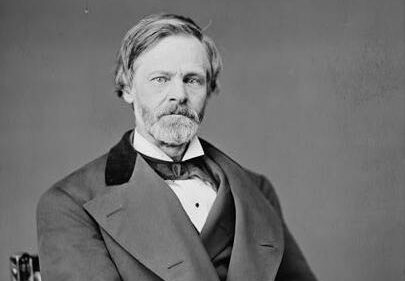
Sherman Antitrust Act
Established: July 2, 1890
Mission: To prohibit anti-competitive or monopolistic conduct by individuals or corporations.
Reason for creation: During the second half of the 19th century, large corporations such as Standard Oil were consolidating power and gaining monopolistic control over their respective markets through both horizontal and vertical integration. Consumers, who were being forced to pay artificially high prices for basic necessities, and other corporations, who were being shut out of competition by the monopolies, called for government intervention to prevent this consolidation. While several states had previously instituted laws with similar purposes to the Sherman Antitrust Act, they were limited by their inability to regulate corporate conduct across state borders. Thus, a federal act was better equipped to address those issues.
Impact: The Sherman Antitrust Act represented a significant shift in public attitudes towards business—especially big business—and the federal role in regulating business practices. The act was the first in a series of federal efforts to rein in monopolistic conduct and preserve competitiveness in markets. The Sherman Antitrust Act’s implementation eventually led to the creation of the Federal Trade Commission in 1914.

